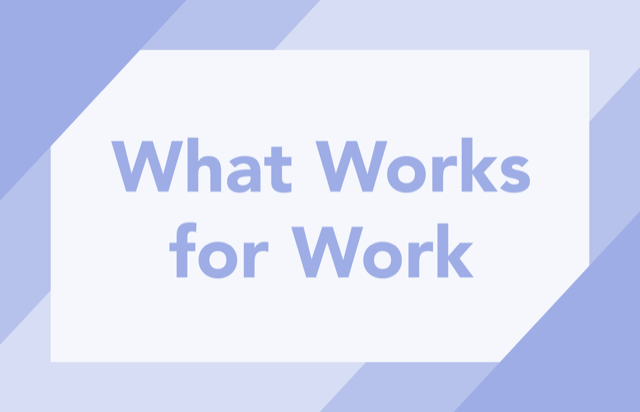Check back soon for CEU opportunities!
Lorem ipsum dolor sit amet, consectetur adipiscing elit, sed do eiusmod tempor incididunt ut labore et dolore magna aliqua.
- Lorem ipsum...
- Lorem ipsum dolor sit amet, consectetur adipiscing elit...
Lorem ipsum dolor sit amet, consectetur adipiscing elit, sed do eiusmod tempor incididunt ut labore et dolore magna aliqua.
What Will I Learn?
Created by experts and practitioners and grounded in research-based strategies and practices, this collection of free, self-paced modules is designed to help users better understand, select, plan for, and implement effective teaching and coaching strategies for the individuals they support. Educators are often searching for support in implementing or identifying specially designed instruction.
Features
- Earn professional development certificates online
- Ideal for individual or group-based learning
- Track your learning with pre- and post- assessments
- Expand your learning with discussion questions, activities, and other support resources
How to Get Started
1

Create an Account It’s Free!
2

Select a Module of Interest
3

Review All Module Content
4

Complete Post-Assessment
5

Earn Certificate
